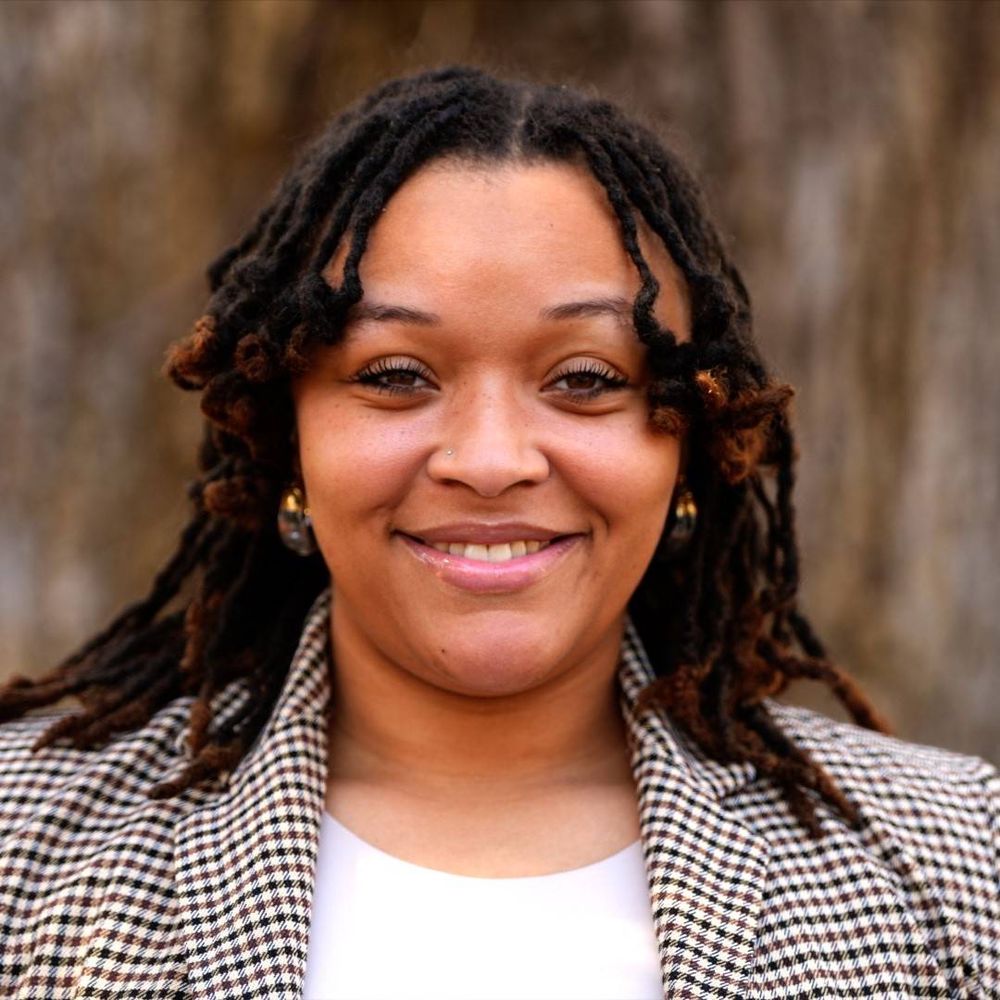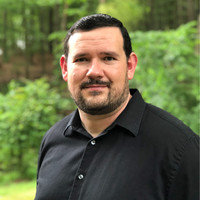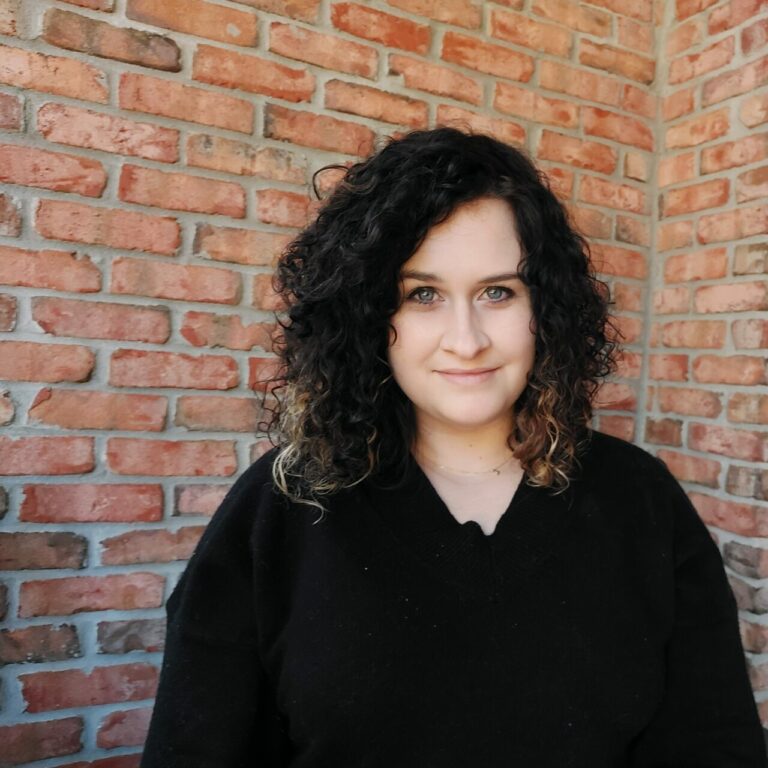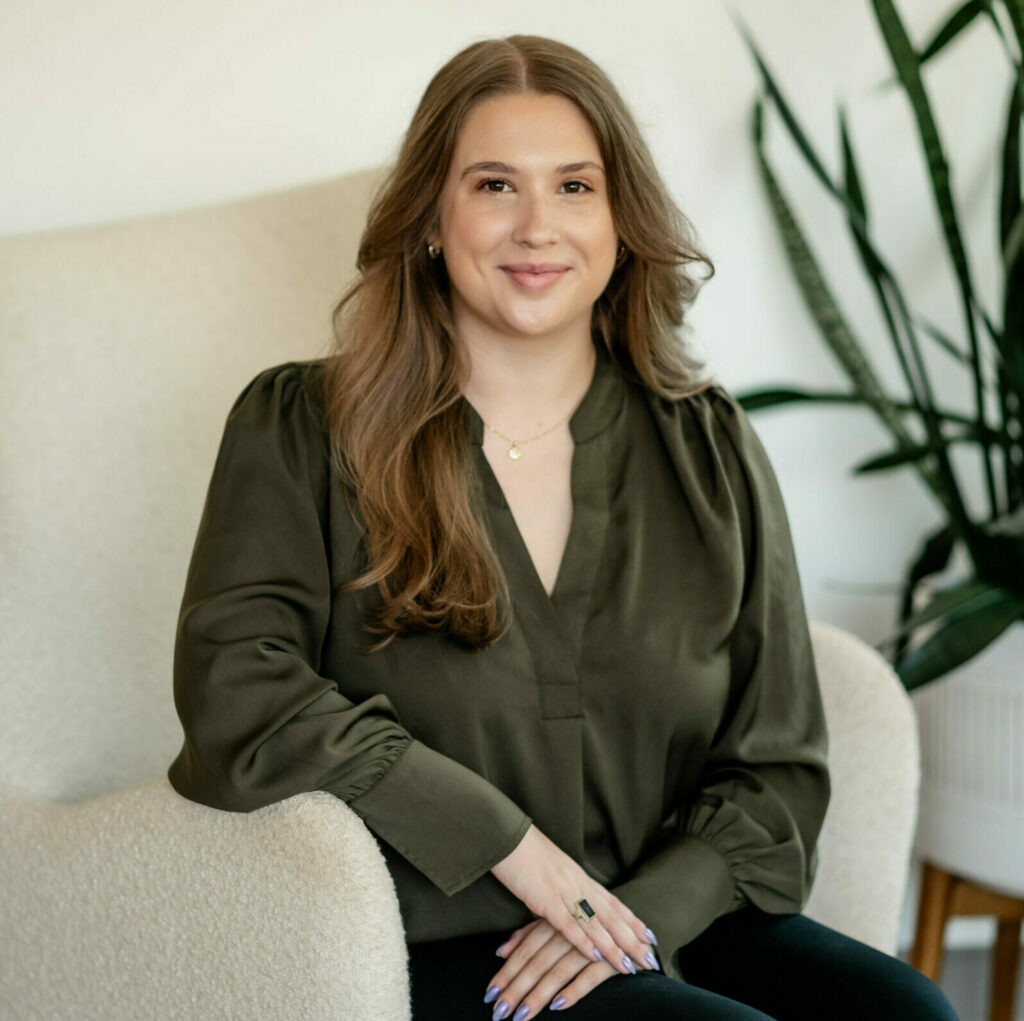6 Top Drug Rehab Therapists in Alpharetta, GA
Finding the right drug rehabilitation therapist can significantly impact recovery success. We know that seeking help takes courage, and having access to qualified professionals in your local area makes the process easier. The Summit Wellness Group has several experienced addiction therapists who provide personalized treatment plans and evidence-based approaches to help people overcome substance use challenges.
We’ve researched the top addiction treatment specialists in Alpharetta to help simplify your search. These professionals work at established mental health facilities throughout the area and offer various therapy and treatment options to match different needs and situations.
Meet Your Therapist
These therapists and their facilities offer diverse addiction treatment services in and around Alpharetta, Georgia. They use evidence-based and holistic approaches to support individuals in their recovery journey.
Drug rehab therapy combines proven treatment methods with personalized care plans to help people overcome addiction. Professional addiction therapists use evidence-based approaches to address both substance use and underlying mental health concerns.
1. Jai Huntley, M.S.
Jai Huntley holds a Master’s in Clinical Mental Health Counseling from Mercer University and specializes in addiction, trauma, and co-occurring disorders. Huntley integrates digital media advocacy with clinical care at The Summit Wellness Group to destigmatize mental health.
Her trauma-informed approach combines dialectical behavior therapy (DBT), motivational interviewing, individual therapy, and group therapy to address substance use and interpersonal trauma. She emphasizes community reintegration in discharge planning.

2. Amy Kenney, LPC
Dr. Robert Davis is a board-certified addiction medicine specialist at North Atlanta Behavioral Health in Alpharetta, Georgia. He leads a team that provides comprehensive addiction treatment services, including medication-assisted treatment for opioid addiction and alcohol use disorder. The facility offers both inpatient and outpatient programs, with a focus on treating co-occurring mental health disorders alongside substance abuse. North Atlanta Behavioral Health’s approach combines evidence-based therapies with holistic treatments to address all aspects of a patient’s well-being.

3. Forrest Richardson
Forrest Richardson is an integral member of the team at Empowered Recovery Center, where he brings a wealth of knowledge and expertise to the treatment of individuals facing substance use disorders. With a background in clinical therapy and addiction recovery, he possesses the qualifications necessary to provide effective support to those seeking recovery. His professional journey includes substantial experience in individual and group therapy settings, allowing him to understand the complexities of addiction and the diverse needs of his clients.
Richardson’s treatment approach is grounded in a holistic model, integrating biological, psychological, and socio-cultural perspectives. This comprehensive framework enables him to address not just the symptoms of addiction, but the underlying issues contributing to it. He serves a diverse clientele, offering personalized care tailored to each individual’s circumstances, which helps in fostering lasting recovery.
Additionally, Richardson is known for his empathetic and supportive demeanor, making him a key figure in creating a safe and nurturing environment at the center, where individuals can embark on their journey to healing and empowerment.

4. Eddie Reece, MS, LPC, BC-TMH
Eddie Reece holds a Master’s in Counseling from Georgia State University and has practiced psychotherapy since 1987, specializing in relationship dynamics, anxiety, and workplace stress. His career spans roles in psychiatric hospitals, juvenile courts, and addiction recovery centers, complemented by an adjunct professorship at Argosy University. Currently, Reece is a therapist at Getting Along, Inc.
Reece employs cognitive-behavioral therapy (CBT) and interpersonal strategies to address communication barriers, sexual dysfunction, and grief. His integrative model blends psychodynamic insights with practical skill-building for couples and individuals navigating life transitions.

5. Cayley Kanieski, LPC
With five years of clinical experience, Cayley Kanieski emphasizes holistic wellness, addressing mental health through lifestyle, environmental, and emotional factors with LifeBulb. Cayley specializes in providing compassionate and effective therapeutic support to her clients. With a strong foundation in mental health, Cayley utilizes her educational background and clinical experience to address a range of issues, including anxiety, depression, and relationship challenges. Her qualifications underscore her commitment to helping individuals navigate their emotional and psychological hurdles with evidence-based methods tailored to their needs.
In her practice, Cayley adopts an integrative therapeutic approach, often combining cognitive-behavioral techniques with a client-centered philosophy. This allows her to create a safe and supportive environment where clients feel empowered to explore their challenges and work towards meaningful change. Serving a diverse population, including adolescents and adults, she places a significant emphasis on building strong therapeutic alliances, recognizing that trust and empathy are fundamental in the healing process.

6. Brooke Sanders, LMFT
Brooke Sanders, LMFT, is a compassionate licensed marriage and family therapist at Holistic Wellness Practice, specializing in a holistic approach to mental wellness. Her professional background includes a robust educational foundation in marriage and family therapy, equipping her with the skills necessary to support individuals, couples, and families through various challenges. Her commitment to fostering emotional growth and healing is evident in her tailored therapeutic strategies that draw from evidence-based practices and holistic methods.
In her practice, Brooke emphasizes the importance of a collaborative therapeutic relationship, encouraging clients to actively participate in their healing journeys. She employs a range of modalities, including cognitive-behavioral therapy (CBT) and mindfulness techniques, to help clients address issues such as anxiety, depression, and relationship dynamics. Her integrative approach reflects the mission of Holistic Wellness Practice, which aims to provide comprehensive care that nurtures the mind, body, and spirit.
Brooke is particularly dedicated to creating a safe and supportive environment where clients feel empowered to explore their emotions and experiences freely. This commitment, combined with her compassionate nature, ensures that individuals who seek her guidance receive the personalized care they need to achieve meaningful and lasting change in their lives.

Types of Therapy
Individual counseling focuses on one-on-one sessions, during which our therapists work with clients to identify triggers and develop coping strategies. These private sessions create a safe space for deep personal work.
Group therapy allows clients to connect with others facing similar challenges. Sharing experiences and strategies helps build community support networks.
Cognitive Behavioral Therapy (CBT) teaches clients to recognize and replace harmful thought patterns with healthier responses.
Family therapy repairs relationships damaged by addiction and creates stronger support systems for long-term recovery.
Benefits of Therapeutic Approaches
Professional therapy reduces relapse risks by teaching practical coping skills that work in real-world situations.
Treatment programs help clients:
- Build self-awareness
- Develop stress management techniques
- Improve communication skills
- Heal past trauma
- Create healthy boundaries
Regular therapy sessions provide structure and accountability during early recovery when support is most crucial.
Types of Programs
When it comes to overcoming challenges like alcohol addiction or substance abuse, there are various types of programs designed to support individuals on their recovery journey.
Remember that support is available no matter where you are in your journey. With the right combination of programs, individuals can find their way through the recovery process and lead fulfilling lives free from substance abuse.
Detox Programs
One of the first steps in recovery is often detoxification, where the body is given a chance to clear itself of drugs or alcohol safely. This process is crucial for managing withdrawal symptoms and setting a foundation for future recovery work.
Dual Diagnosis Programs
Many individuals struggling with substance abuse also face mental health conditions. These dual diagnosis programs provide specialized treatment that addresses both issues simultaneously, ensuring a more comprehensive approach to healing.
Drug Rehab Programs
Treatment facilities offer a range of rehab programs tailored to fit different needs. Partial Hospitalization Programs (PHP) provide intensive treatment while still allowing some level of independence. On the other hand, outpatient treatment allows individuals to attend therapy sessions while living at home, making it more flexible for those juggling work or family commitments.
Sober Living Environments
Many people transition to sober living houses after completing a more intensive level of care. These environments provide support and structure while facilitating the recovery process in a community setting. Residents often engage in support groups, sharing experiences and encouragement.
Support Groups
Speaking of support, joining a group can be incredibly beneficial. Organizations like Alcoholics Anonymous or Narcotics Anonymous offer a sense of belonging and understanding among peers who share similar struggles.
These groups are vital to long-term recovery, helping individuals stay accountable and connected.
The journey toward recovery is deeply personal and often requires exploring the root cause of drug use and addiction. Choosing the right treatment facility, whether a drug rehab center or a more specialized clinic, can significantly impact one’s path to healing. Each program has its unique approach and philosophy, so finding one that resonates with your recovery goals is essential.
How to Choose the Right Therapist
Picking the right therapist requires careful consideration of their credentials and approach to treatment. I recommend focusing on professional qualifications and ensuring the addiction treatment program and plan matches your needs.
Qualifications to Consider
We suggest looking for therapists who are licensed and experienced in addiction treatment. Make sure they have current state licenses and certifications in substance abuse counseling.
Ask about their specific training in addiction therapy and how many years they’ve worked with substance use disorders. Therapists should openly share their education and professional background.
Look for membership in professional organizations like the American Society of Addiction Medicine (ASAM) or the National Association of Addiction Treatment Providers (NAATP).
Personalized Treatment Plans
We recommend asking detailed questions during the initial consultation at your chosen rehab center. Learn more about how they’ll customize your treatment:
- What methods do they use
- How do they measure progress
- Typical length of treatment
- Crisis support availability
- Integration with other care providers
The therapist should take time to understand your unique situation and goals. They should explain their treatment approach and adjust plans based on your progress.
Avoid therapists who use a rigid, one-size-fits-all approach. Your treatment plan should adapt to your specific needs and circumstances.
Specialists for Recovery Success
Starting at an addiction treatment center is a brave first step, and we know taking that first step can feel overwhelming. The good news is that you don’t have to figure this out alone.
We encourage you to call our treatment center today. We can answer your questions and help determine the best program for your needs. We also offer free initial consultations. We have locations in Roswell and Alpharetta, Georgia.
Through personalized treatment plans, we have helped many people successfully overcome addiction. Your or a loved one’s recovery journey can start now with a simple phone call at (770) 299-1677.
